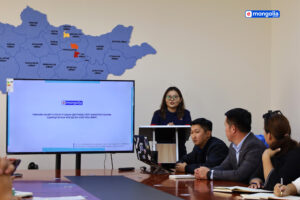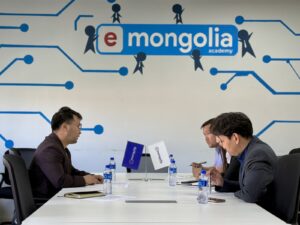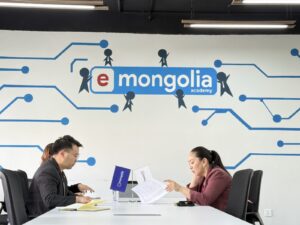For many years, difficulties and time delays in accessing education-related services in Mongolia have been a major source of frustration for citizens. Many people are familiar with issues such as standing in long queues to register their children for kindergarten or having to visit schools to wait for student ID cards and certificates.
However, all of this is now a thing of the past. Through the E-Mongolia system, citizens can access the nine most used education-related certificates and references online, 24/7, from anywhere.
These services include:
- Application for kindergarten enrollment
- Registration for first grade admission to general education schools
- Certificates and diplomas for basic and complete secondary education
- Ordering student bus cards
- Certificates of enrollment for university and higher education students
- Teacher and student ID cards
Among these services, student ID card-related requests have been made over 134 million times, teacher ID card services over 10 million times, and certificates for higher education diplomas more than 346 thousand times, reflecting the high demand for education-related certificates and documents.
However, some citizens are still unable to access the services they need online due to lack of information, resulting in lost time and the need to visit offices in person.
Therefore, today (2025.05.14), the “E-Mongolia Academy” and the Media Relations Division of the General Authority for Education organized a joint meeting. During the meeting, they exchanged ideas on supporting digital transformation and jointly implementing content aimed at delivering digital education-related services to the public in a more accessible and user-friendly manner through multiple channels.
As a result, citizens will be able to access the services they need without unnecessary bureaucracy or delays. This will also ensure transparency of information and improve the ability of government agencies to provide direct services without repeatedly requesting the same information from citizens.
Going forward, the gradual digitalization of essential services in the education sector will not only simplify the daily lives of citizens but also represent a major strategic outcome in improving the quality of public services.



